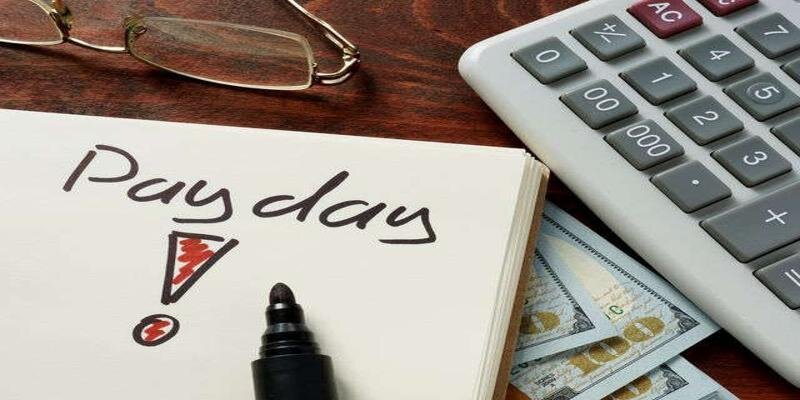Is PayPal a Secure Method of Payment?
Dec 03, 2023 By Triston Martin
PayPal is an online payment service that facilitates the exchange of money for goods and services, the receipt of payment for the provision of services, and the transfer of funds between individuals. With PayPal, your financial information and online purchases are protected by several safeguards, including SSL encryption and purchase protection.
However, some danger is involved with using PayPal, just like any other payment software. In 2020, 16.6 percent of fraud reports that included the payment method featured a payment app or service like PayPal, according to the Federal Trade Commission.
Learn about the potential drawbacks of utilizing PayPal, and the customer safeguards it provides so you can make an informed decision about whether or not to use the app.
The PayPal Safety Measures
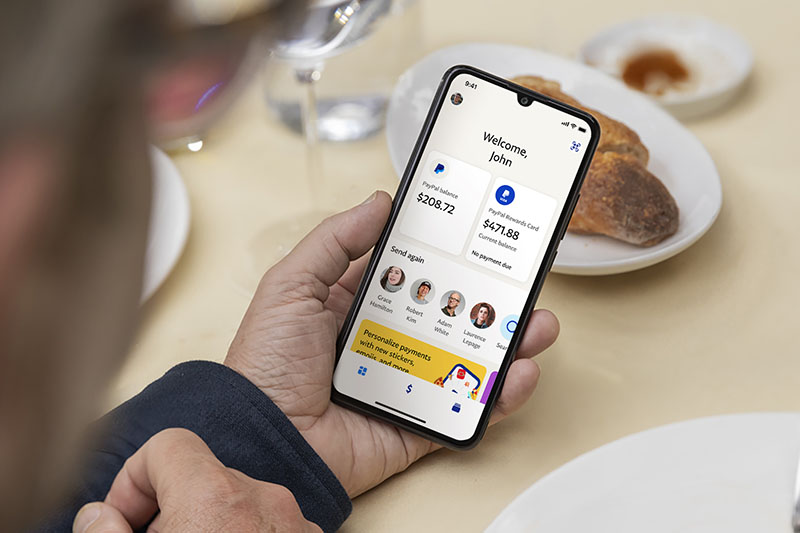
Using PayPal to make online purchases and transfers is generally thought to be risk-free. While no system is entirely safe, PayPal has been rated as "A" by cybersecurity risk management firm UpGuard. Customer safety measures consist of the following:
• The PayPal Security Code
Clients can enable two-factor authentication by creating a password and a security key. That means a new, unique PIN will be sent to your phone through text message every time you log in. Both your PayPal password and the OTP are required for login. If a fraudster obtains your password, they will still be unable to access your account unless they also have access to your mobile device.
Email confirmation
You will receive a confirmation email from PayPal after every transaction. That kind of evidence might be helpful when trying to ascertain if your account has been compromised. But tread carefully: Another well-known phishing scam targets PayPal users by pretending to be PayPal and sending a confirmation email.
What Are The Potential Drawbacks of Utilizing PayPal?
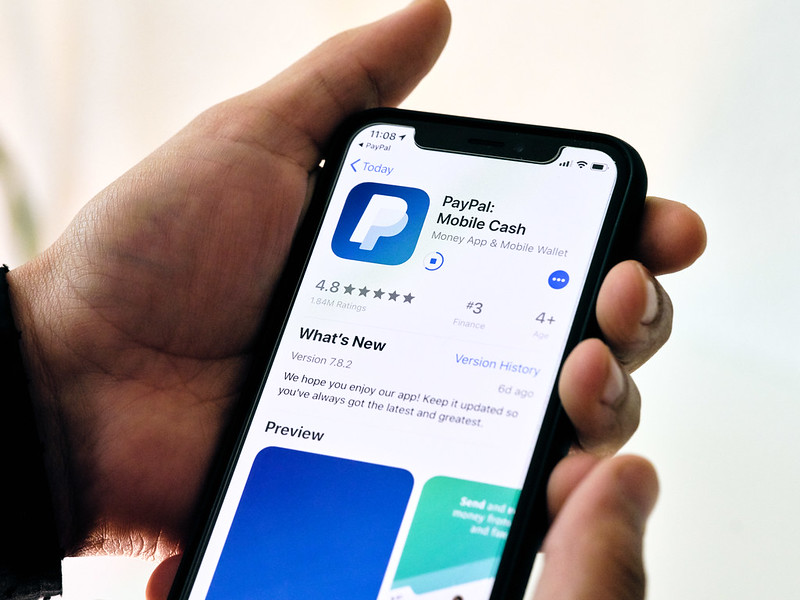
In today's world, there is no such thing as a completely safe internet service. Payment applications like PayPal are frequently attacked by criminals looking to steal users' identities or commit fraud since they save and use sensitive information like bank account details and other personal information.
One example is account takeover fraud, in which con artists get access to your login details and conduct fraudulent transactions using your PayPal account. Another possibility is that a hacker will try to use your stored PayPal login credentials to make transactions on websites you have already visited.
The phishing scam in which fraudsters pretend to be PayPal and contact victims to inform them that someone has made a transaction using their account is a particularly pervasive example of this type of security breach.
Is a Credit Card or Bank Account Better for PayPal?
You may take advantage of the additional consumer protections credit cards offer whenever you purchase online by utilizing a credit card rather than a bank account. When using a credit card connected to your PayPal account, the card's fraud protection rules will kick in if there is an unlawful transaction.
With the liability protection of many credit cards set at zero dollars and the federal limit of fifty dollars in the event of fraudulent use, you'll likely be on the hook for very little, if any, of the unauthorized transactions.
Do PayPal Refunds Occur When Scammed?
You may be eligible for a refund through PayPal's purchase protection program if an item you bought doesn't turn out to be what you expected. This includes cases when the item arrives damaged or in a lesser quantity than you intended.
If you discover that you have been the victim of fraudulent activity on your PayPal account, you have 180 days from the payment date to file a claim and receive a refund. However, if you fell for a phishing scam or used PayPal's P2P payments feature to send money to a scammer, you are probably out of luck.
Pay Pal instantaneously transfers funds to the receiver, and in most situations, you cannot get your money back if the recipient does not deliver the goods or services you were promised. Avoid sending money to strangers and only those you know and trust.
Conclusion
When making an online payment or funds transfer, PayPal is usually a safe option. However, it would be best if you still took precautions to protect your information and any associated bank accounts. Set a strong password, use two-factor authentication using your cell device or an authenticator app, and avoid using PayPal on public Wi-Fi just as you would on any other online account. Whether you're on a computer or a mobile phone, it can assist prevent identity theft.

Understanding Non-Deductible IRAs: Essential Insights
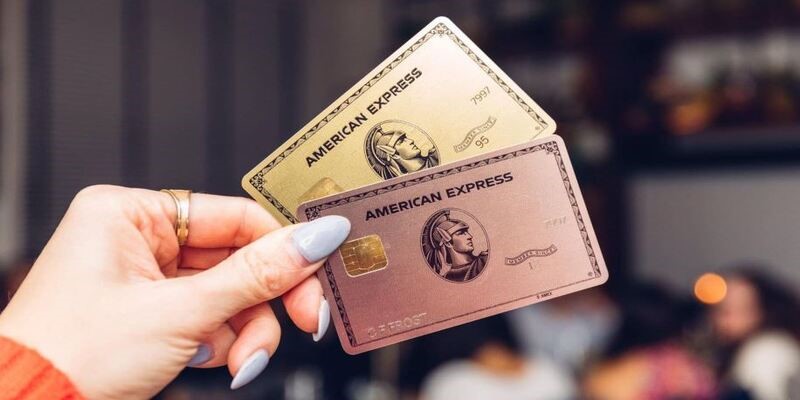
Is the Amex Gold Card Worth It? My Six-Month Review

How to Get an Offer Accepted on a House with Multiple Offers
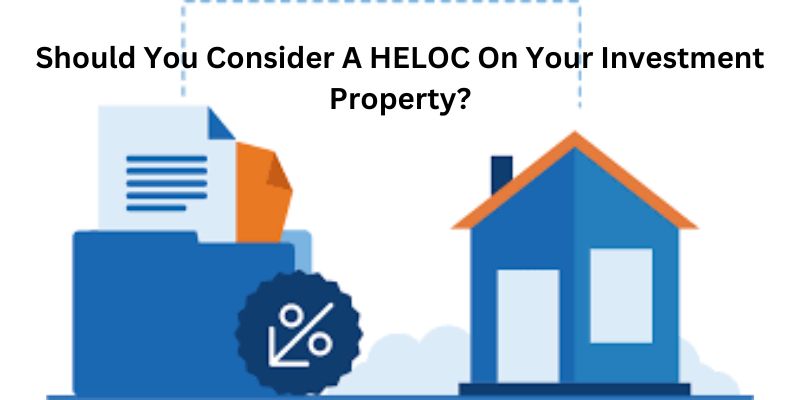
Should You Consider A HELOC On Your Investment Property?
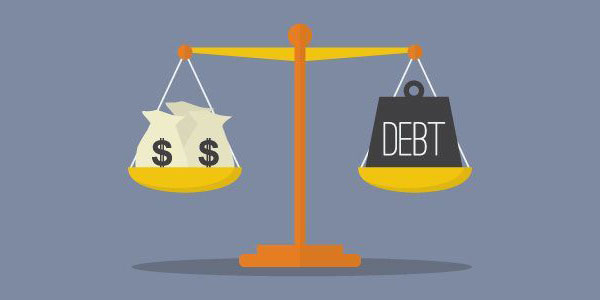
What Is The Difference Between A Checking And A Savings Account?

What Is The Average Cost to Paint a House in 2023: An Overview
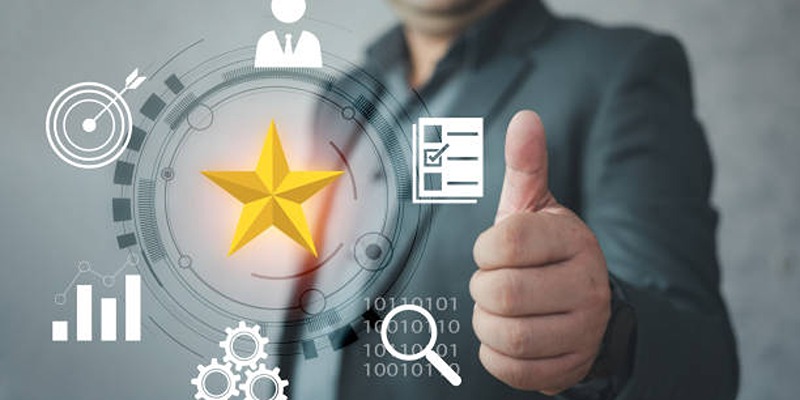
Building Trust: Elevating the Lending Process for Commercial Clients
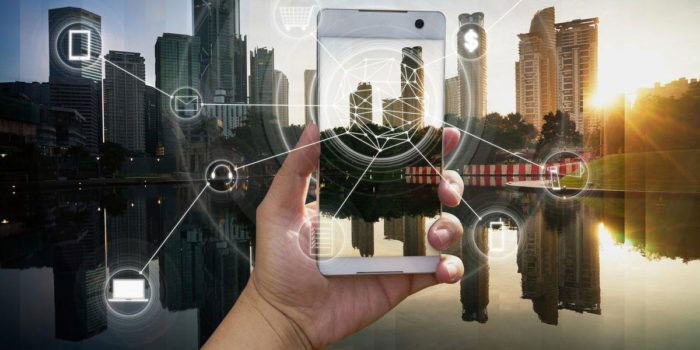
All You Need To Know About Real Estate Counteroffers
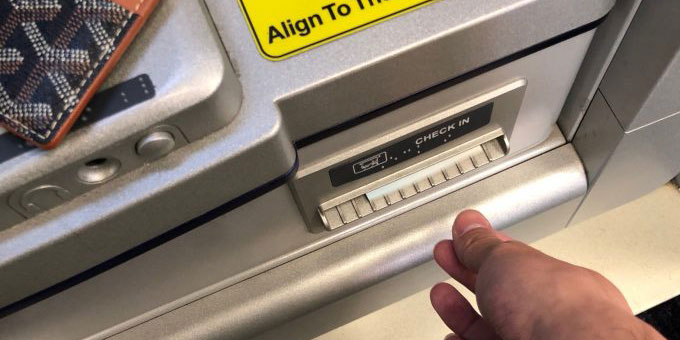
What Is Mobile Check Deposit?
